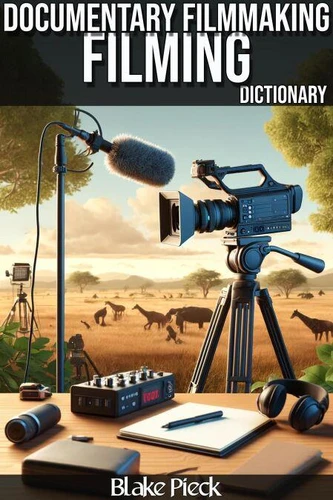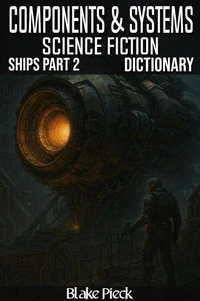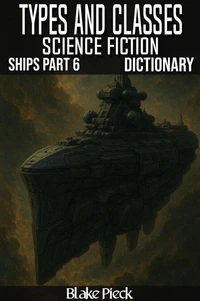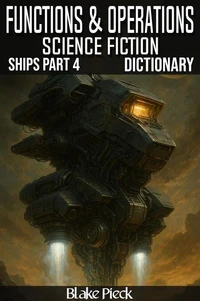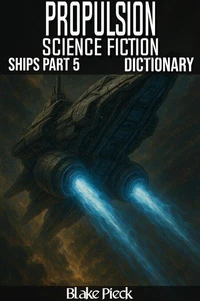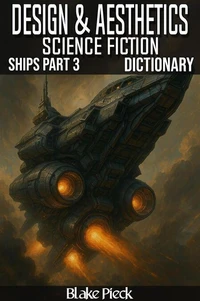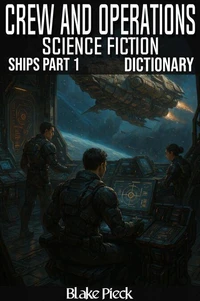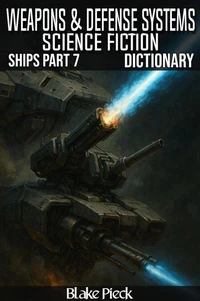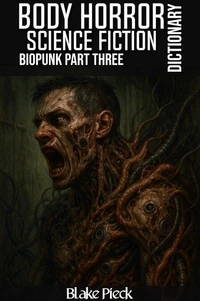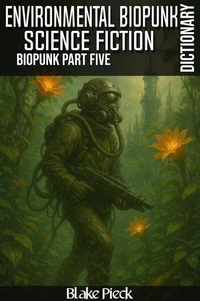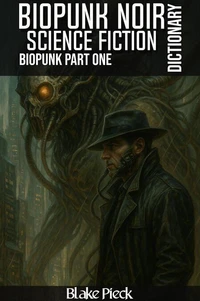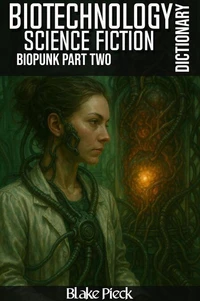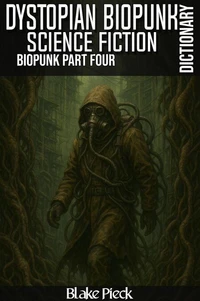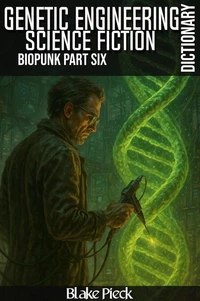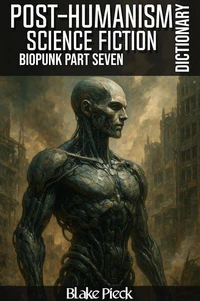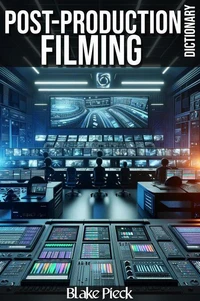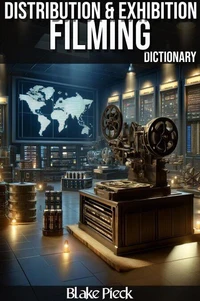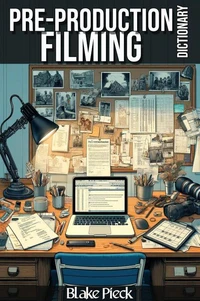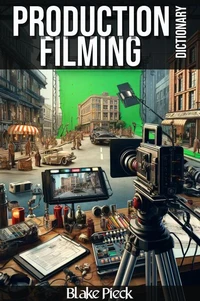Documentary Filmmaking Dictionary. Grow Your Vocabulary
Par :Formats :
Disponible dans votre compte client Decitre ou Furet du Nord dès validation de votre commande. Le format ePub est :
- Compatible avec une lecture sur My Vivlio (smartphone, tablette, ordinateur)
- Compatible avec une lecture sur liseuses Vivlio
- Pour les liseuses autres que Vivlio, vous devez utiliser le logiciel Adobe Digital Edition. Non compatible avec la lecture sur les liseuses Kindle, Remarkable et Sony
 , qui est-ce ?
, qui est-ce ?Notre partenaire de plateforme de lecture numérique où vous retrouverez l'ensemble de vos ebooks gratuitement
Pour en savoir plus sur nos ebooks, consultez notre aide en ligne ici
- FormatePub
- ISBN8231143658
- EAN9798231143658
- Date de parution04/05/2025
- Protection num.pas de protection
- Infos supplémentairesepub
- ÉditeurWalzone Press
Résumé
This book is a comprehensive guide to the art and craft of making documentary films. Whether you're a beginner looking to learn the basics or a seasoned filmmaker seeking to refine your skills, this dictionary provides essential insights and techniques for creating compelling and impactful documentary films. Through clear and concise entries, the Dictionary provides filmmakers with a comprehensive and accessible reference to the key concepts and techniques used in documentary filmmaking.
Whether you're documenting a historical event, exploring a social issue, or capturing a personal story, this dictionary is an invaluable resource for mastering the art of documentary filmmaking. Research and Planning: This section explores the importance of thorough research and planning in the documentary filmmaking process. Topics include identifying a compelling subject, conducting research to gather information and insights, and creating a production plan that outlines the film's structure, style, and goals.
Interviews and Footage Collection: Here, readers will learn about the techniques and strategies for conducting interviews and collecting footage for a documentary. Topics include preparing for interviews, conducting effective interviews that elicit compelling stories and insights, and capturing engaging footage that enhances the narrative of the film. Archival Material: This section focuses on the use of archival material, such as photographs, footage, and documents, in documentary filmmaking.
Topics include sourcing archival material, obtaining permissions and rights for use, and integrating archival material into the film in a way that enhances the storytelling. Narration and Voiceover: Readers will delve into the use of narration and voiceover in documentary filmmaking. Topics include writing and recording narration that provides context and insight without overpowering the visuals, and using voiceover to guide the audience through the film's narrative.
Editing and Post-Production: This section explores the editing and post-production process in documentary filmmaking. Topics include organizing and logging footage, crafting a narrative structure, incorporating interviews and archival material, and using editing techniques to enhance the film's pacing, tone, and impact.
Whether you're documenting a historical event, exploring a social issue, or capturing a personal story, this dictionary is an invaluable resource for mastering the art of documentary filmmaking. Research and Planning: This section explores the importance of thorough research and planning in the documentary filmmaking process. Topics include identifying a compelling subject, conducting research to gather information and insights, and creating a production plan that outlines the film's structure, style, and goals.
Interviews and Footage Collection: Here, readers will learn about the techniques and strategies for conducting interviews and collecting footage for a documentary. Topics include preparing for interviews, conducting effective interviews that elicit compelling stories and insights, and capturing engaging footage that enhances the narrative of the film. Archival Material: This section focuses on the use of archival material, such as photographs, footage, and documents, in documentary filmmaking.
Topics include sourcing archival material, obtaining permissions and rights for use, and integrating archival material into the film in a way that enhances the storytelling. Narration and Voiceover: Readers will delve into the use of narration and voiceover in documentary filmmaking. Topics include writing and recording narration that provides context and insight without overpowering the visuals, and using voiceover to guide the audience through the film's narrative.
Editing and Post-Production: This section explores the editing and post-production process in documentary filmmaking. Topics include organizing and logging footage, crafting a narrative structure, incorporating interviews and archival material, and using editing techniques to enhance the film's pacing, tone, and impact.
This book is a comprehensive guide to the art and craft of making documentary films. Whether you're a beginner looking to learn the basics or a seasoned filmmaker seeking to refine your skills, this dictionary provides essential insights and techniques for creating compelling and impactful documentary films. Through clear and concise entries, the Dictionary provides filmmakers with a comprehensive and accessible reference to the key concepts and techniques used in documentary filmmaking.
Whether you're documenting a historical event, exploring a social issue, or capturing a personal story, this dictionary is an invaluable resource for mastering the art of documentary filmmaking. Research and Planning: This section explores the importance of thorough research and planning in the documentary filmmaking process. Topics include identifying a compelling subject, conducting research to gather information and insights, and creating a production plan that outlines the film's structure, style, and goals.
Interviews and Footage Collection: Here, readers will learn about the techniques and strategies for conducting interviews and collecting footage for a documentary. Topics include preparing for interviews, conducting effective interviews that elicit compelling stories and insights, and capturing engaging footage that enhances the narrative of the film. Archival Material: This section focuses on the use of archival material, such as photographs, footage, and documents, in documentary filmmaking.
Topics include sourcing archival material, obtaining permissions and rights for use, and integrating archival material into the film in a way that enhances the storytelling. Narration and Voiceover: Readers will delve into the use of narration and voiceover in documentary filmmaking. Topics include writing and recording narration that provides context and insight without overpowering the visuals, and using voiceover to guide the audience through the film's narrative.
Editing and Post-Production: This section explores the editing and post-production process in documentary filmmaking. Topics include organizing and logging footage, crafting a narrative structure, incorporating interviews and archival material, and using editing techniques to enhance the film's pacing, tone, and impact.
Whether you're documenting a historical event, exploring a social issue, or capturing a personal story, this dictionary is an invaluable resource for mastering the art of documentary filmmaking. Research and Planning: This section explores the importance of thorough research and planning in the documentary filmmaking process. Topics include identifying a compelling subject, conducting research to gather information and insights, and creating a production plan that outlines the film's structure, style, and goals.
Interviews and Footage Collection: Here, readers will learn about the techniques and strategies for conducting interviews and collecting footage for a documentary. Topics include preparing for interviews, conducting effective interviews that elicit compelling stories and insights, and capturing engaging footage that enhances the narrative of the film. Archival Material: This section focuses on the use of archival material, such as photographs, footage, and documents, in documentary filmmaking.
Topics include sourcing archival material, obtaining permissions and rights for use, and integrating archival material into the film in a way that enhances the storytelling. Narration and Voiceover: Readers will delve into the use of narration and voiceover in documentary filmmaking. Topics include writing and recording narration that provides context and insight without overpowering the visuals, and using voiceover to guide the audience through the film's narrative.
Editing and Post-Production: This section explores the editing and post-production process in documentary filmmaking. Topics include organizing and logging footage, crafting a narrative structure, incorporating interviews and archival material, and using editing techniques to enhance the film's pacing, tone, and impact.

